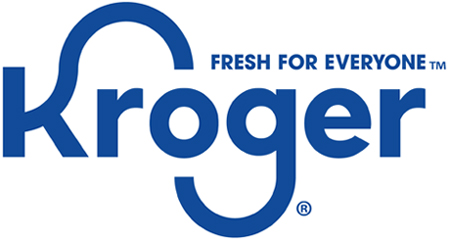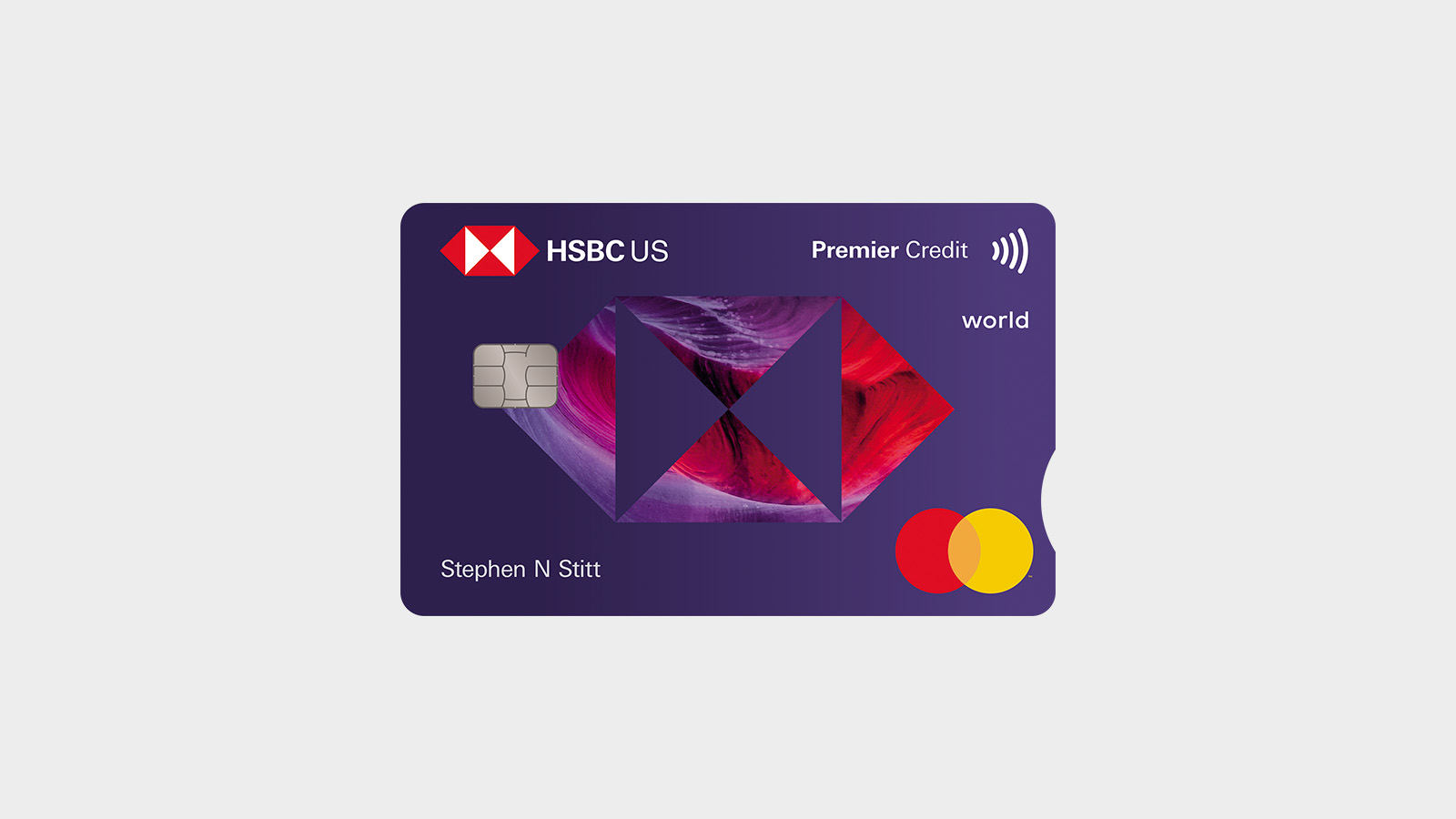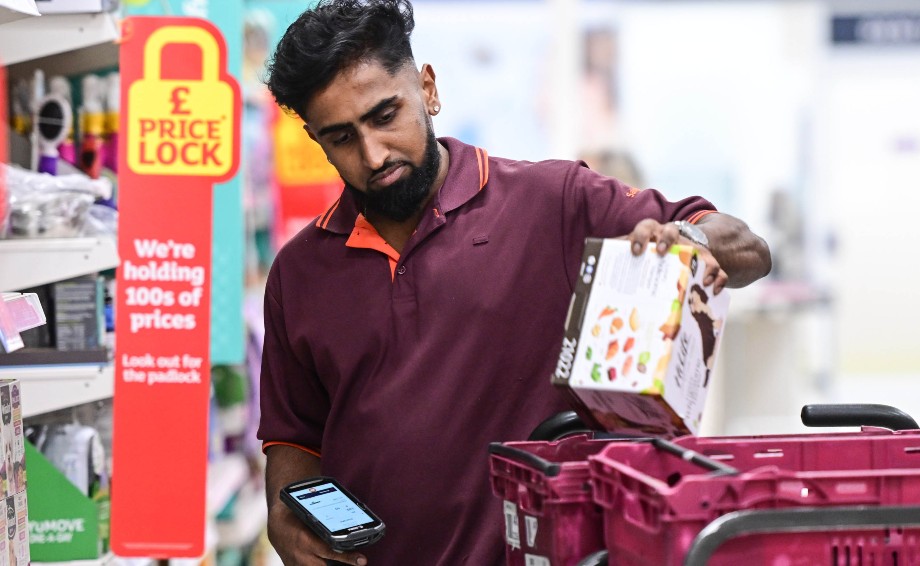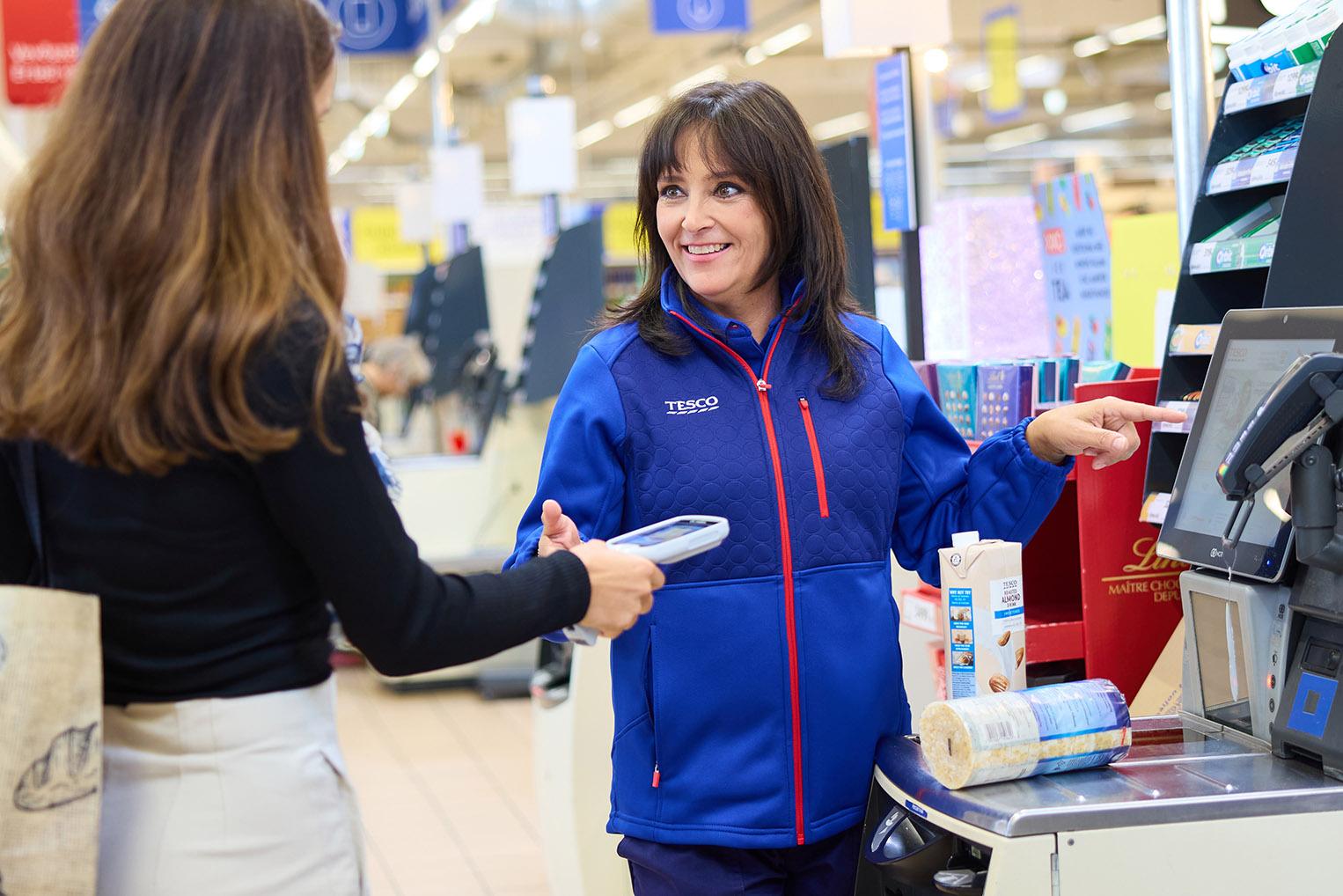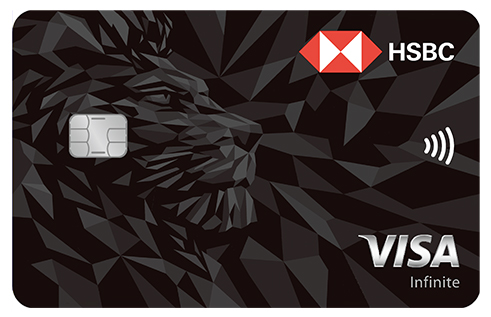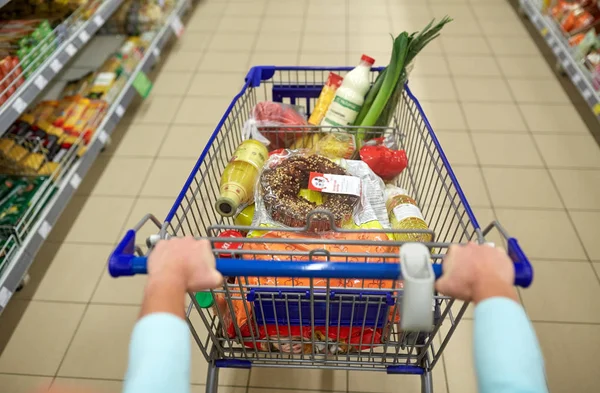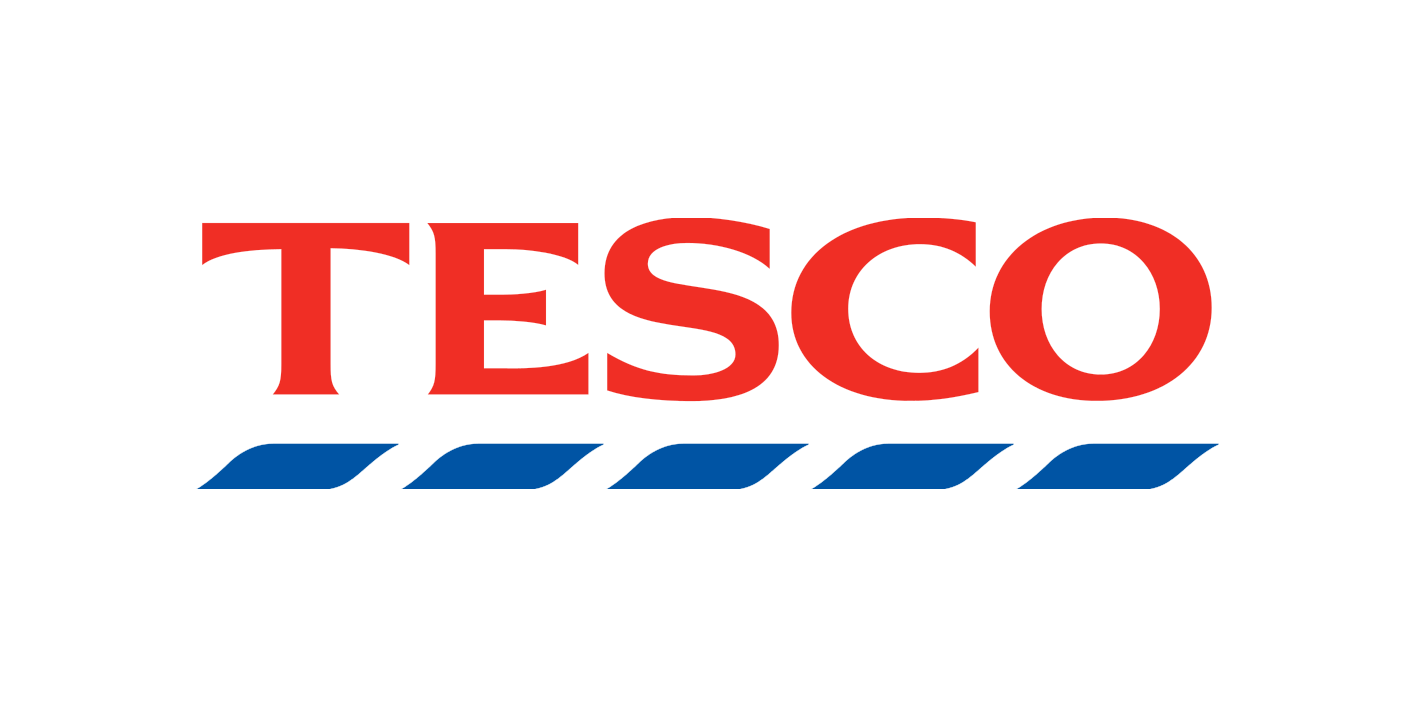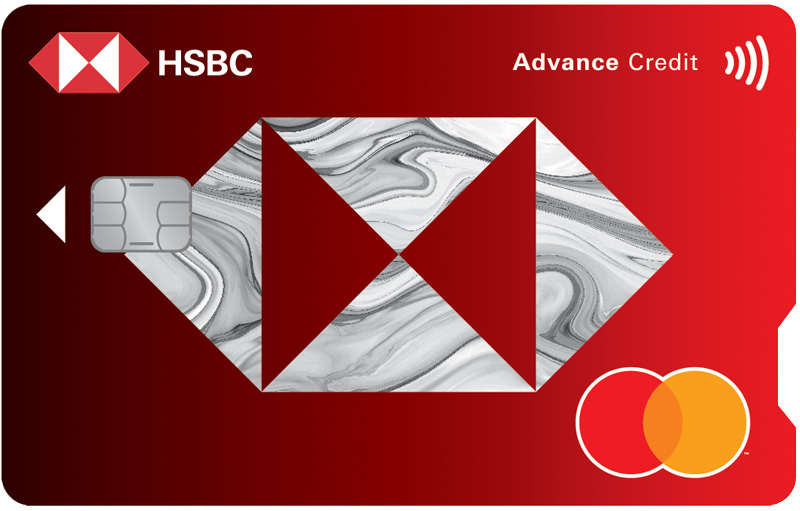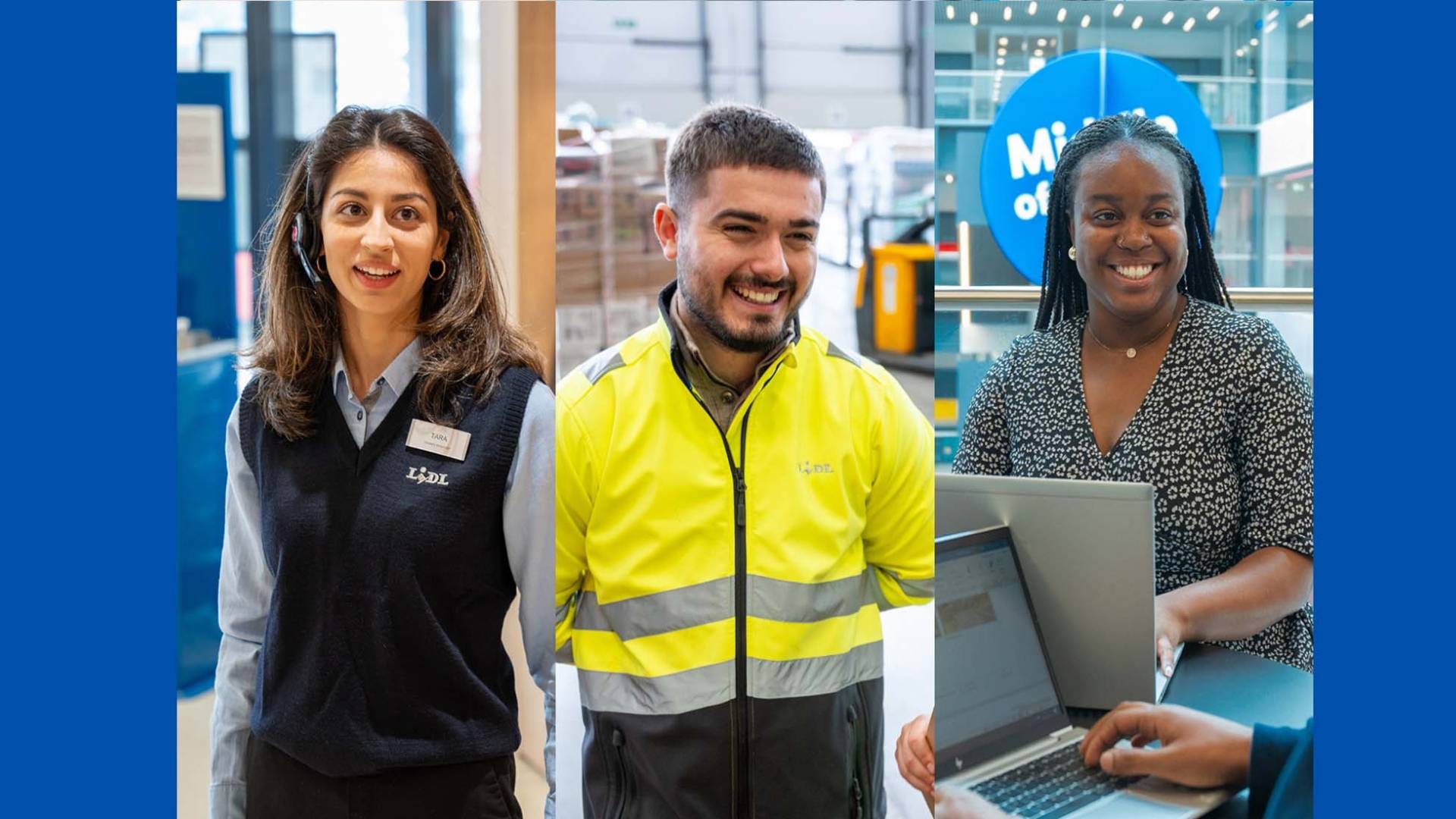Kroger, the largest supermarket chain in America, is paving the way for growth and expansion in the market. With strategic investments, innovative solutions, and a clear vision for the future, Kroger is creating endless opportunities. From cutting-edge technologies to sustainable initiatives, Kroger is setting the stage for success in the industry.
With a strong market presence and a focus on customer satisfaction, Kroger’s strategy revolves around continuous innovation. By staying ahead of the curve, Kroger ensures that its customers have the best shopping experience possible. Kroger’s success lies in its ability to adapt, invest, and embrace new trends in the grocery industry.
Throughout this article, we will explore Kroger’s latest initiatives, from their innovative cloud-based signage solution, Kroger EDGE, to their commitment to sustainability. Join us as we delve into the world of Kroger and discover the endless opportunities that lie in every aisle.
Kroger EDGE: Enhancing the Shopping Experience
Kroger EDGE is a new cloud-based signage solution for retail shelves that takes the shopping experience to the next level. By utilizing IoT-enabled displays and the power of the cloud, Kroger EDGE is transforming the way customers interact with products in-store.
With Kroger EDGE, customers are provided with real-time information, allowing them to make informed decisions about their purchases. Gone are the days of searching for prices or relying on outdated tags. This innovative solution brings digital prices directly to the shelves, ensuring accuracy and convenience for shoppers.
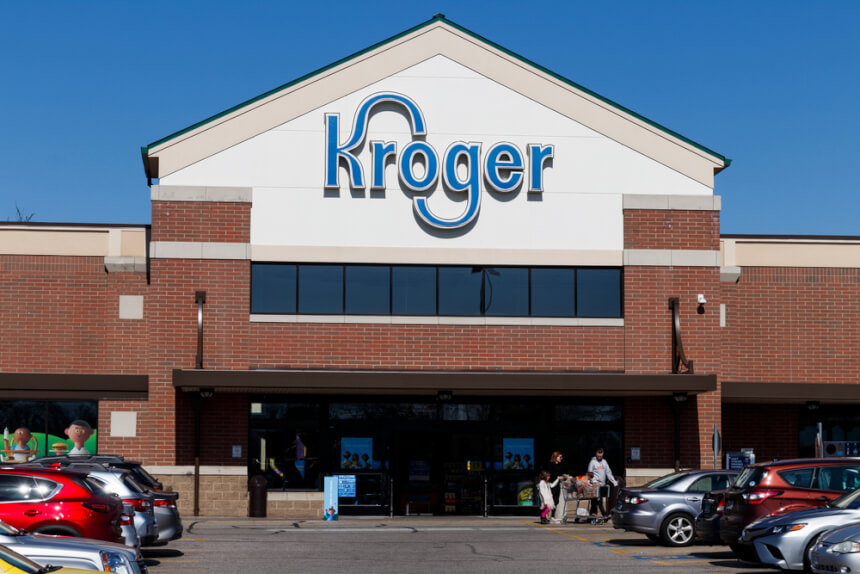
One key feature of Kroger EDGE is its IoT-enabled display. By incorporating sensors and connectivity, the display can seamlessly communicate with customers’ smartphones, providing personalized offers and recommendations based on their preferences. This level of customization enhances the shopping experience, making it more engaging and tailored to each individual.
In addition to its customer-centric benefits, Kroger EDGE is also committed to sustainability. The system is designed to reduce waste and energy consumption. By eliminating the need for printed price tags and cardboard promotions, Kroger is contributing to a greener and more eco-friendly retail environment.
Kroger is also dedicated to renewable energy sources and plans to run the EDGE system on sustainable power. Currently, the system utilizes low-voltage LED lights, which not only consume less energy but also have a longer lifespan compared to traditional bulbs. This commitment to environmental sustainability reflects Kroger’s dedication to a more sustainable future.
Through Kroger EDGE, the shopping experience is elevated to new heights. The combination of cloud-based signage, IoT-enabled displays, and a commitment to sustainability creates a retail environment that is both cutting-edge and eco-friendly. Kroger continues to innovate and improve the way customers shop, setting a new standard for the industry.
Automation: Bridging the Labor Gap
In response to the persistent labor shortage in the supermarket industry, Kroger and other grocers are turning to automation to bridge the gap. This strategic move involves adding more self-checkout terminals and utilizing automation tools for tasks such as price updates and inventory management.
With the growing advancements in technology, automation has proven to be a viable solution for combating the labor shortage. It enables supermarkets to save costs, improve efficiency, and maintain optimal inventory management. By implementing self-checkout terminals, customers can conveniently process their purchases, reducing the need for additional human workers.
While automation plays a crucial role in addressing the labor shortage, it’s important to recognize that human workers still play a vital role in providing a satisfying shopping experience. Their customer service skills, expertise, and personal touch cannot be replicated by technology alone.
Retailers like Kroger are finding innovative ways to deploy their workforce in tasks that add value and solve complex problems. This allows human workers to focus on engaging with customers, offering personalized assistance, and creating memorable shopping experiences. By delegating repetitive and easily replaceable tasks to technology, retailers can optimize their human resources and prioritize human interactions.
Creating a Harmonious Balance
It’s crucial for supermarkets to strike a harmonious balance between automation and human workers. While automation streamlines operations and improves efficiency, the human element remains crucial in ensuring customer satisfaction and loyalty.
- Human workers excel in providing personalized recommendations based on a customer’s preferences and needs.
- They offer guidance, solve unexpected issues, and create an empathetic shopping environment.
- Human workers foster a sense of trust and build long-lasting relationships with customers.
By leveraging technology to handle routine tasks, supermarkets can empower their human workforce to fulfill these personalized and value-added roles. This synergy between automation and human workers enables supermarkets to meet the demands of the labor shortage while providing an exceptional shopping experience to customers.
Automation indeed serves as a bridge in the labor gap, but it is the harmonious integration of technology and human workers that truly propels supermarkets forward in the ever-evolving retail landscape.
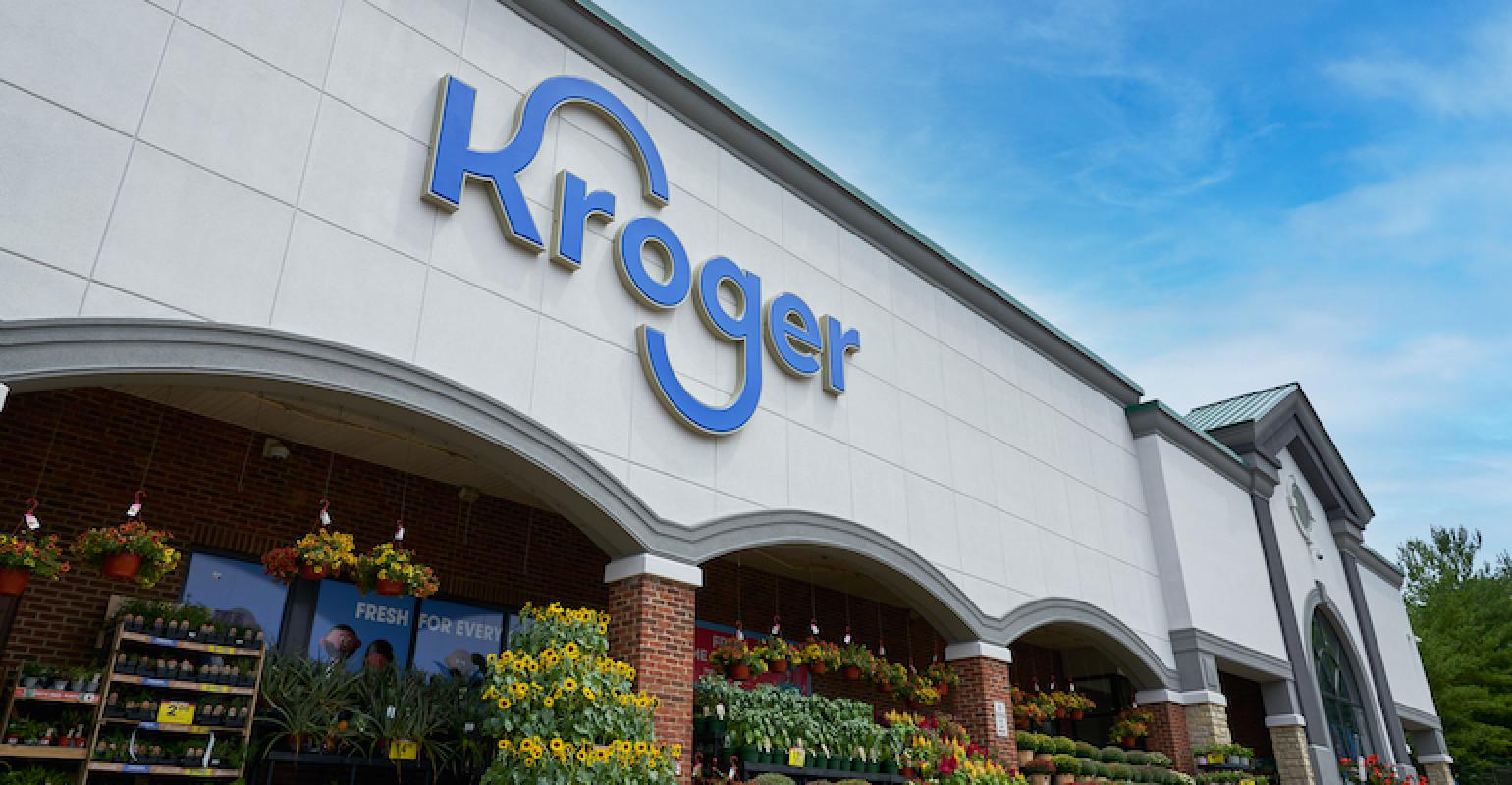
Green Initiatives: Creating a Sustainable Future
Kroger is committed to sustainability and has set ambitious goals to end hunger and reduce food waste. The company utilizes innovative technology, such as the Internet of Things (IoT), to achieve these important sustainability objectives.
One of Kroger’s major initiatives is the Zero Hunger Zero Waste program, which aims to eliminate hunger in the communities they serve and eliminate food waste. By partnering with local food banks, Kroger redistributes surplus food and groceries to those in need.
But Kroger doesn’t stop there. They also leverage IoT solutions to drive energy-saving practices and streamline operations. For instance, Kroger has implemented a comprehensive food-temperature monitoring system in all their stores. This IoT-based technology not only ensures food safety by continuously monitoring temperatures but also reduces energy consumption.
The food-temperature monitoring system utilizes sensors to collect real-time data, which is analyzed to optimize refrigeration and HVAC settings. By maintaining precise temperature control, Kroger minimizes energy waste while preserving the freshness and quality of their products.
Moreover, Kroger’s commitment to sustainability extends to other areas of their operations. They are actively exploring energy-saving measures through renewable energy sources, including solar and wind power. By transitioning to cleaner energy sources, Kroger aims to reduce their environmental footprint and contribute to a greener future.
These sustainability efforts have gained recognition in the industry, and Kroger has received numerous awards for their energy reduction and environmental initiatives. By incorporating IoT and other innovative technologies, Kroger is not only making a significant impact on sustainability but also setting an example for others in the grocery industry.
Sustainability Awards Received by Kroger
| Award | Year |
|---|---|
| Energy Star Partner of the Year | 2020, 2021 |
| U.S. Environmental Protection Agency WasteWise | 2020, 2021 |
| Greenpeace | 2020, 2021 |
The Future of Grocery: Embracing Technology
In today’s fast-paced world, the grocery industry is keeping up with the ever-evolving technology landscape to meet the demands of modern consumers. Kroger and other leading retailers are at the forefront, embracing the latest trends to enhance the shopping experience.
Automation is revolutionizing the grocery industry, from self-checkout terminals that streamline the payment process to smart inventory management systems that optimize stock levels. By harnessing the power of automation, grocers can improve efficiency and reduce wait times, enabling customers to shop with convenience and ease.
Artificial intelligence is also making waves in the grocery industry. Retailers are leveraging AI-driven systems to personalize the shopping experience, utilizing customer data and preferences to offer tailored recommendations and promotions. By delivering personalized experiences, grocers can create a stronger connection with their customers and foster loyalty.
Data management is another key trend that is reshaping the grocery industry. With access to vast amounts of customer data, retailers can understand buying patterns, predict future trends, and optimize their operations. By leveraging advanced analytics, grocers can make data-driven decisions, leading to improved customer satisfaction and increased profitability.
Frequently Asked Questions
How does Kroger EDGE enhance the shopping experience?
What is Kroger’s commitment to sustainability?
How is Kroger bridging the labor gap in the supermarket industry?
What is the future of the grocery industry?
Source Links
https://www.krogerfamilycareers.com/en/sites/CX_2001


